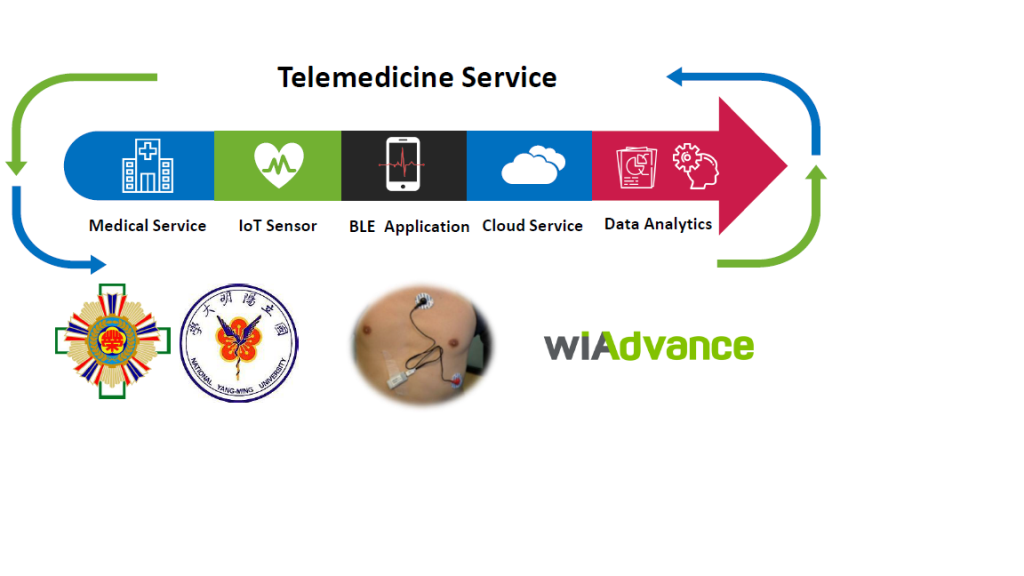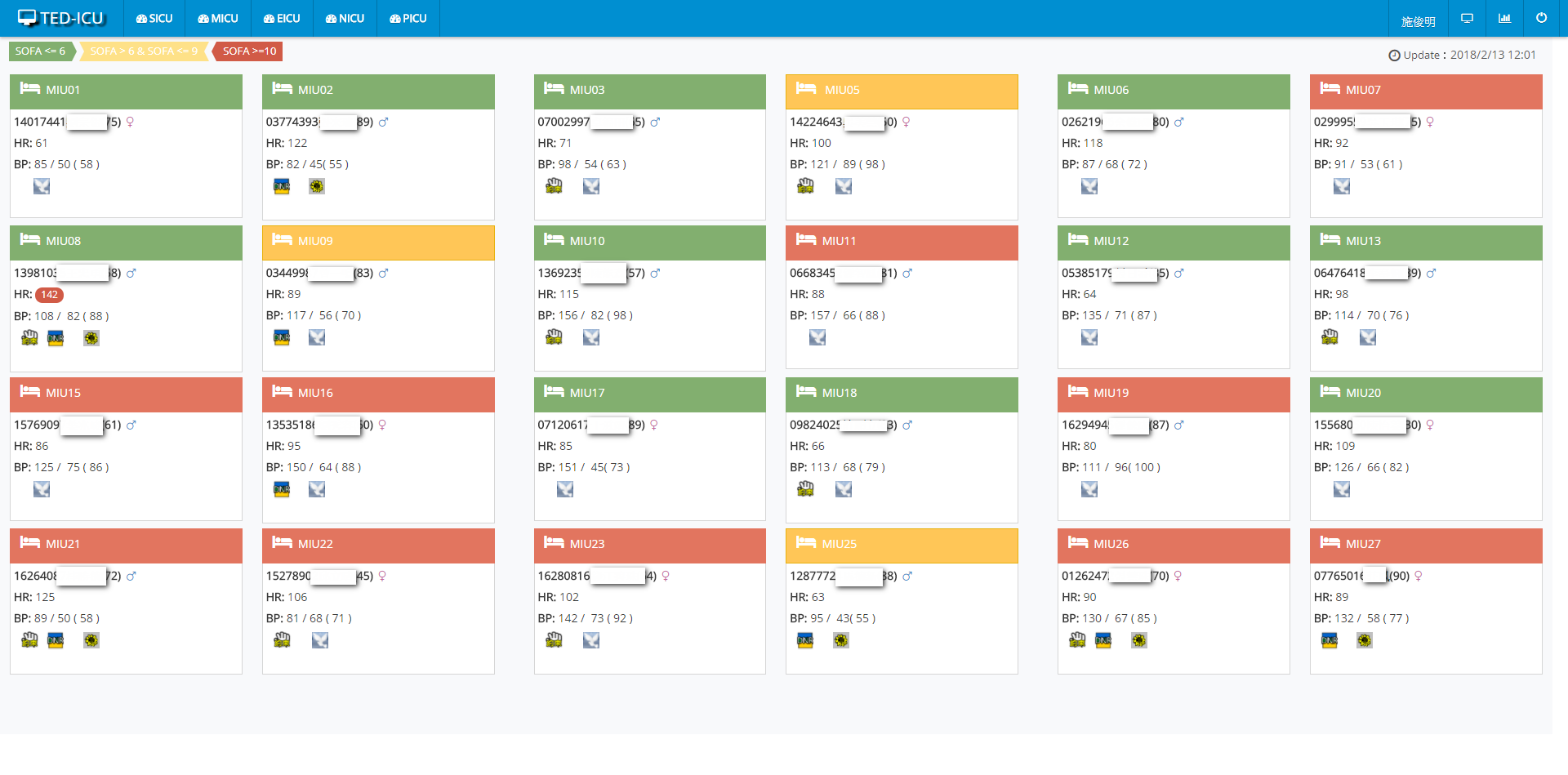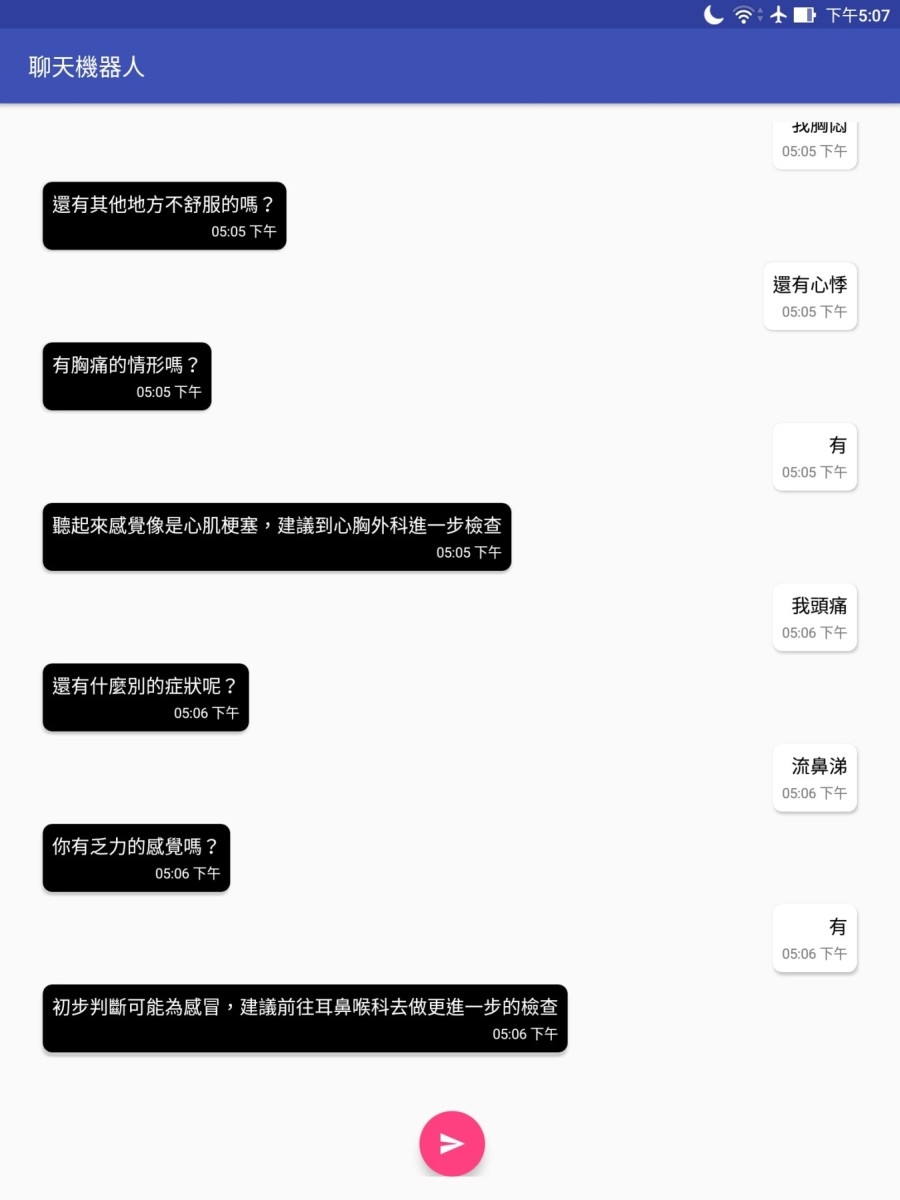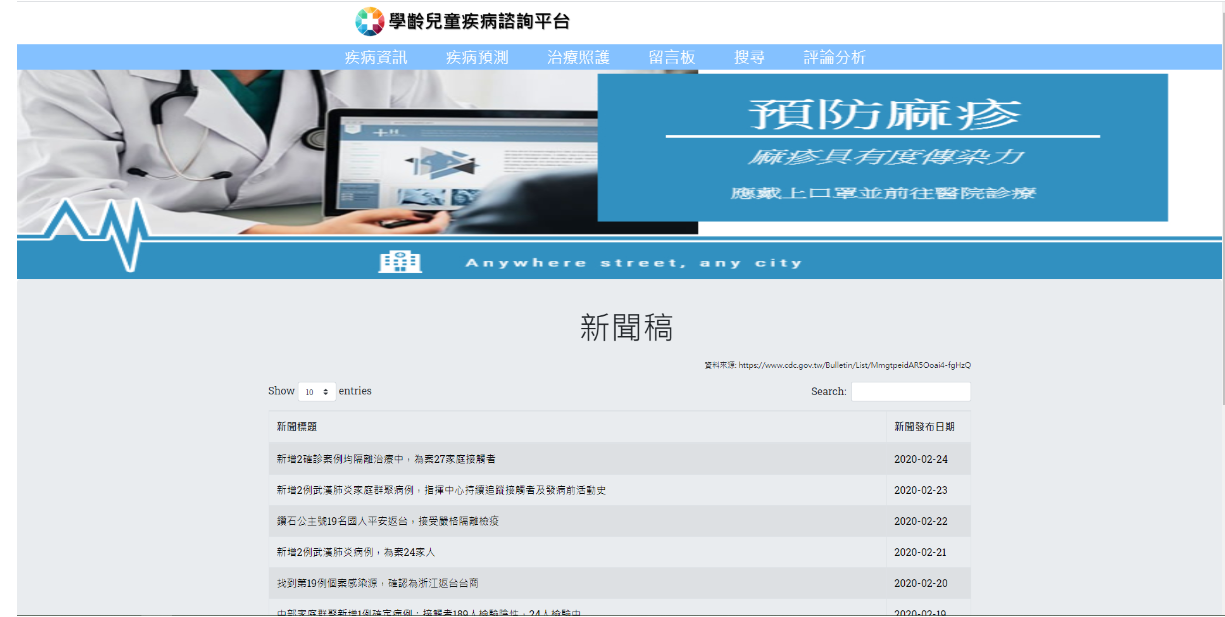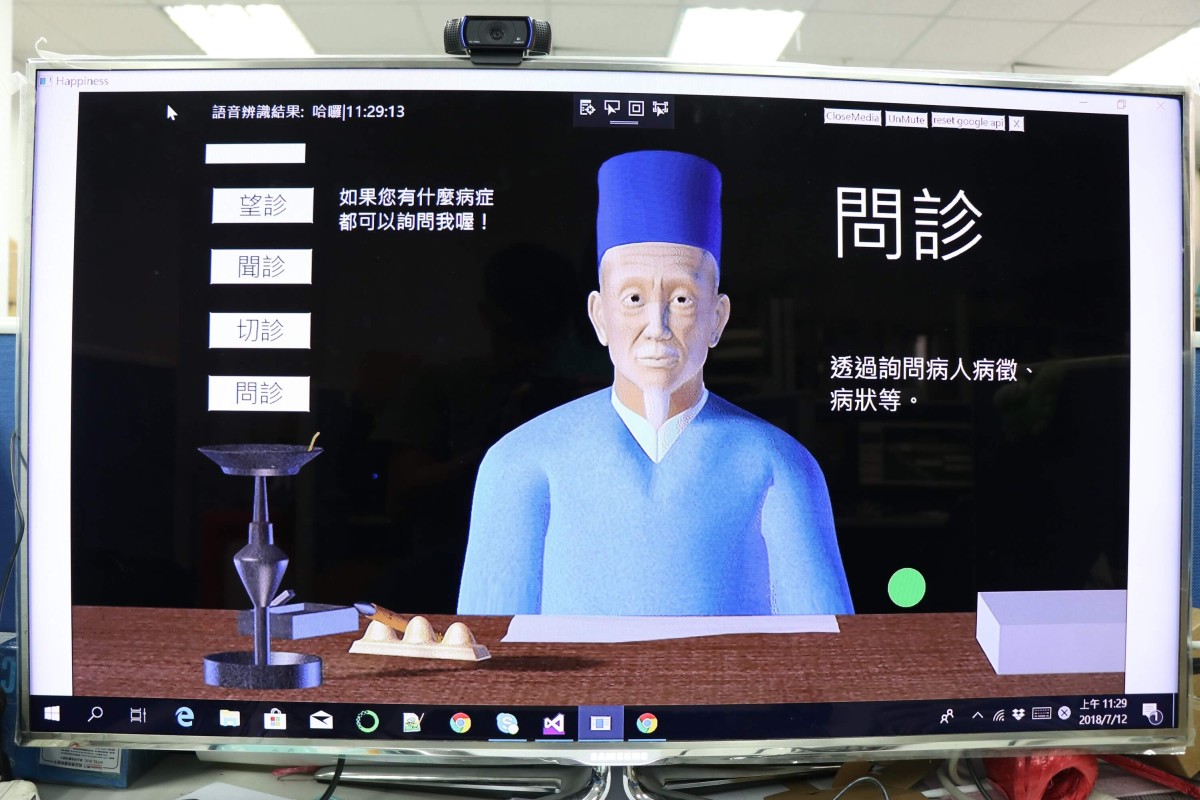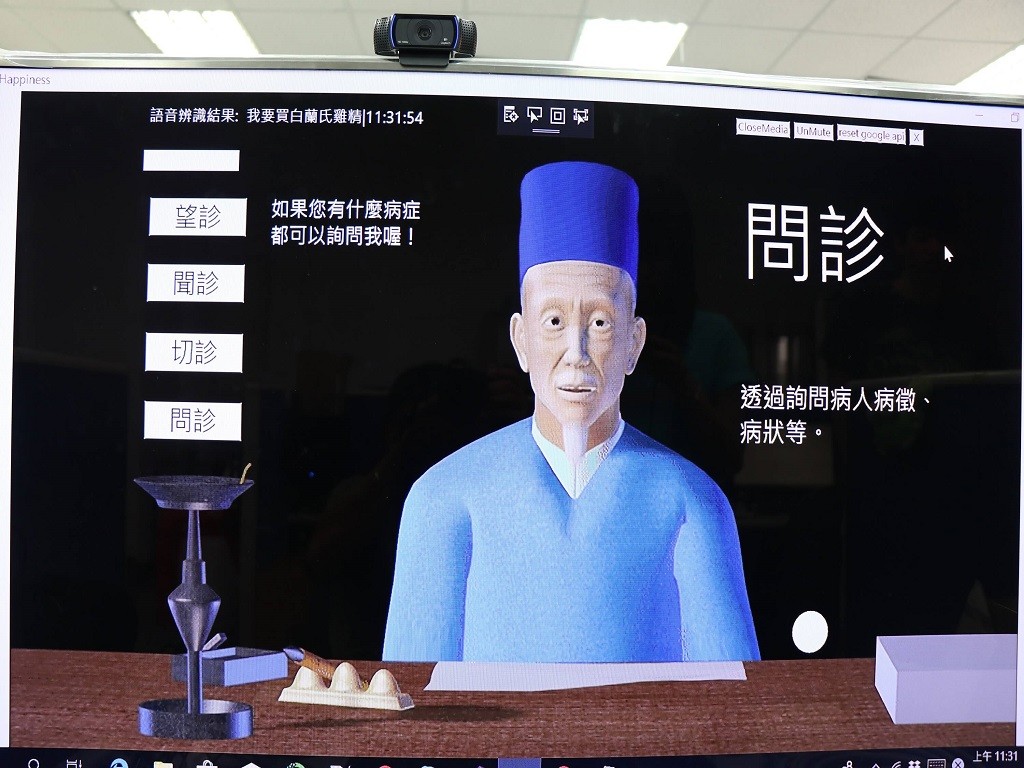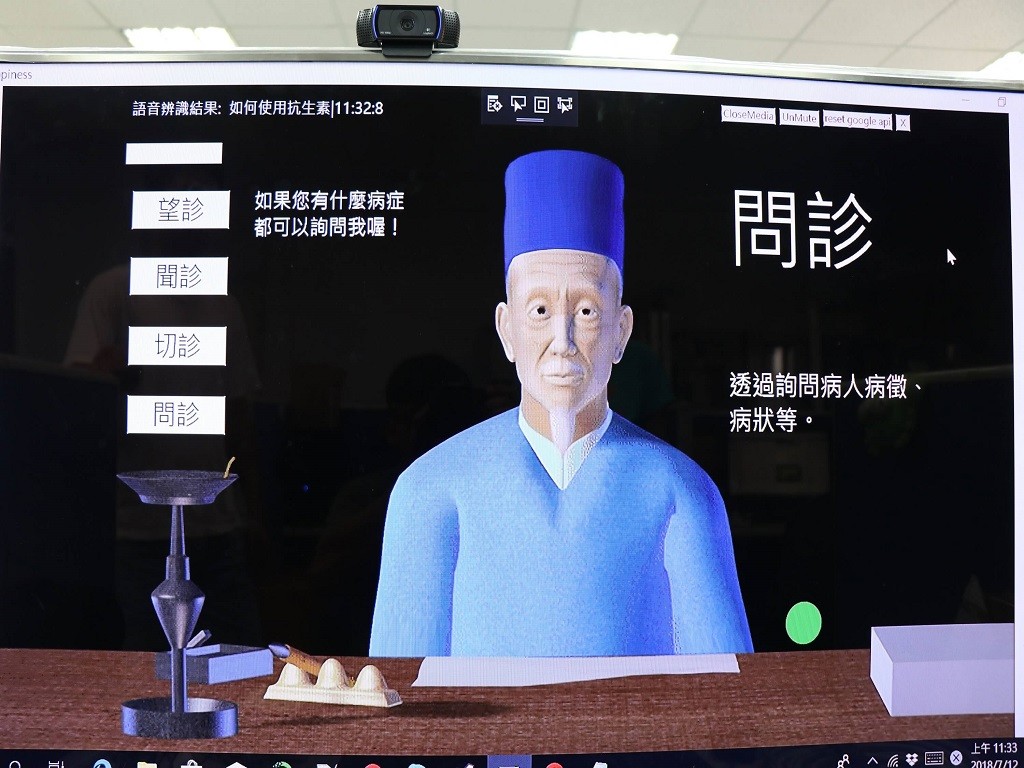| Summary |
This system is mainly divided into two parts: disease diagnosis and merchandise inquiry. Disease diagnosis, can infer whether the user is having the related disease through multiple rounds of voice conversation, and recommend related drugs or health foods. For Merchandise inquiry, you can directly ask about the merchandise, such as: the placement and price of the merchandise. |
| Scientific Breakthrough |
Most people today don't know much about medical drugs and health foods, and even are very unfamiliar, leading to problems in drug selection. For example, people mistakenly judge their own diseases and purchase inappropriate drugs or health foods. The disease Q&A system and a drug consultation system are provided on Smart Disease Care Q&A Dialogue Expert Feedback System. The disease Q&A system is to understand the symptoms of the patient and estimate the patient's disease in multi-round voice dialogue. The drug consultation system recommends appropriate drugs or health foods that people can purchase in a pharmacy by the needs of the patient or previously inferred disease. Smart Disease Care Q&A Dialogue Expert Feedback System has a database of big data that contains 6,000 drugs, health foods, related symptoms and 10000 Q&A dialogue corpus about medical to provide more accurate inferences and responses.
As for the application, our technology is based on the Q&A dialogue expert feedback system proposed by the Smart Pharmacy and Smart Hospital, which can be applied to various fields such as medical care and smart pharmacy. On the other hand, this technology can be customized according to the needs of customers, and can be adapted to the application of each field by changing the training corpus, so as to decrease human resource requirements. The field application includes navigation services, family services, public services and elder care services. Guided services: dialogues and consultations in smart libraries, museums, and cultural centers. Leisure and entertainment: dialogues and consultations between smart markets, restaurants, department stores. Family services: dialogues and consultations with smart families. Public services: dialogues and consultations with smart public agencies .Elder care services: dialogue and consultations with the smart long-sighted center and retirement center.
In addition, in order to evaluate the competitive advantage of this technology, we use SWOT analysis to analyze our technical competitiveness. The strengths of our technology is the use of word-embedding with slot-filling, combined with the auto-encoder in AI technology, with the drug indication database and pharmacy and flu Q&A database. The weaknesses of our technology is that we need further adjustment for application and technology research and development; The opportunities of our technology is that we are in beginning of the growth of smart medical care, smart hospitals, smart pharmacies, and retirement centers are waiting for new development, and the Ministry of Science and Technology actively promote the artificial intelligence industry. The threats of our technology is that Europe, the United States, Japan, and Korea have actively invested in technology research and development, and the United States has developed related technologies, such as: Amazon's voice assistant (Alexa), Apple voice assistant (Siri) and Google's voice assistant (Hey Google).
This system integrates medical and service systems to help people in the hospital, pharmacy or retirement center to better understand the correct medication-related information, and to prevent drug abuse by users, in line with the wisdom of medical themes. |

